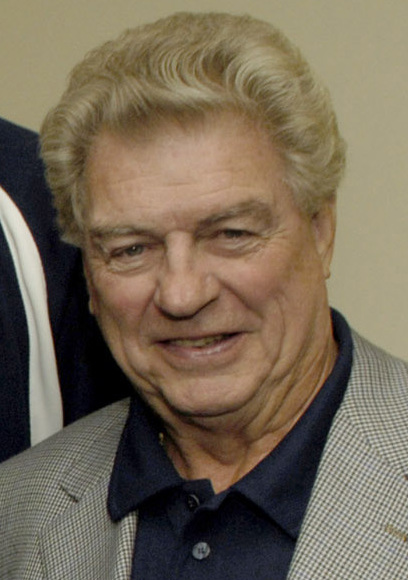Alright, let’s talk about Chuck Daly. You know, the legendary coach of the “Bad Boys” Pistons. I recently decided to dive deep into his coaching philosophy and try to apply some of it to my own life, both professionally and personally. It wasn’t about trying to become a basketball coach; it was about extracting the principles he used to build a winning team and see if they could work for me.

First thing I did: Research! I devoured everything I could find about Daly. Books, articles, documentaries, old interviews – you name it. I wanted to understand his core beliefs, his leadership style, how he handled different personalities, and how he created a winning culture. There’s a ton of stuff out there if you dig around.
Next up, I started making a list. What specific things about Daly’s approach resonated with me? Here’s what I came up with:
- Player Empowerment: Daly gave his stars a lot of freedom within a structured system. He trusted them to make decisions on the court.
- Defensive Intensity: The “Bad Boys” were known for their physical, relentless defense.
- Understanding Personalities: Daly was a master at managing egos and getting everyone to buy into the team concept.
- Adaptability: He wasn’t afraid to change his strategy if something wasn’t working.
- Building Relationships: He connected with his players on a personal level, not just as a coach.
Then came the hard part: Implementation. This is where things got tricky. I mean, I’m not coaching a basketball team. So, I thought about my job. How could I give my team members more autonomy? I started delegating more responsibility and trusting them to handle projects without micromanaging. It was tough at first, letting go of control, but it paid off. People stepped up and took ownership.
On the “defensive intensity” front, I translated that to being proactive and detail-oriented in my work. I started anticipating potential problems and addressing them before they became major issues. It’s all about being prepared and not letting things slide.
Personality management was a big one. In any team, you’re gonna have different personalities and communication styles. I made a conscious effort to understand my team members better, their strengths, their weaknesses, and what motivates them. That helped me tailor my approach to each individual, making communication more effective. I also tried to be more understanding and patient when dealing with conflicts.

Adaptability? That’s a constant. Things change, projects evolve, and you have to be willing to adjust your plans. I started being more open to new ideas and feedback, and not getting stuck on a particular way of doing things.
Finally, building relationships. Daly was known for connecting with his players on a personal level. I started making an effort to get to know my colleagues outside of work-related topics. Just asking about their weekend, their families, their hobbies. It made a huge difference in building trust and rapport.
It’s still a work in progress, but I’ve definitely seen positive changes. My team is more engaged, more productive, and we have a better overall dynamic. And personally, I feel more confident in my leadership abilities. Chuck Daly might have been a basketball coach, but his principles are universal. Give it a shot – you might be surprised at what you learn.
